Seeing as we have been reading and enjoying Hugh Ashton’s work for so long, we figured it was high time to ask him if we could send some questions his way for an interview on this blog.
Here you can read Ashton’s answers and get better acquainted with a versatile author who brought us epic tales of alternate history and carries on the legacy of Sir Arthur Conan Doyle in the most brilliant way possible.
You’ve written tales about Japan (Tales of Old Japanese), a contemporary thriller (At the Sharpe End), alternate-history books (Red Wheels Turning, Beneath Grey Skies) and now more adventures of Sherlock Holmes (Tales from the Deed Box and More Tales from the Deed Box). What kind of genre would you still love to tackle?
Maybe straight historical fiction — a novel of a past that actually happened. Taking real-life historical characters and examining their motives and their feelings.
To a certain extent I did it with Hitler and Göring in Beneath Gray Skies and Lenin and Zinoviev in Red Wheels Turning, and I am in the middle of doing it with Stalin and Trotsky, in my latest, but I’m not examining them in the light of real events — I’m taking real characters and asking how they would behave in fictional situations. A novel set in Moscow in 1941 against Barbarossa would be fascinating, for example. Or even a Len Deighton-type history would be interesting to research and write.
I’ve also just published a book of short stories about the older generation of Japanese. They’re the closest thing to literature with a capital “L” that I have published so far and I rather like them. Tales of Old Japanese contains five short stories, all rather bitter-sweet.
You live in Japan, would you say Sherlock Holmes is popular there?
Very much so. I joke that whatever interest exists anywhere in the world, you will find a group of Japanese doing it — perfectly. Whether it’s underwater motorcycling, nude bagpipe playing or Sherlock Holmes fandom, there will be Japanese enthusiasts who are practicing the art and who have refined it to an unimaginable degree. The deerstalker and curly pipe cliché is strong here, as strong as in English-speaking countries.
Of course, many Japanese will never have read the books in the original and I can’t tell you how good the translations are.
Your Tales of the Deed Box are like new tales by Sir Arthur Conan Doyle himself. What inspired you to write in his style and not give your own completely new twist to Sherlock Holmes or contemporize him?
For a start, I like Conan Doyle’s style — long rambling sentences, adverbs, archaisms, the lot. It’s distinctive and it’s relatively easy for me to write in. It’s enjoyable to craft these sentences.
I suppose I could write like Dashiell Hammett or Raymond Chandler (not as well, though), but I couldn’t write Holmes stories that way. There’s no way I want to change the character of Holmes — he’s great as he is.
The only thing is that Watson published only those stories which he felt he could publish at the time without upsetting public opinion. There is, I feel, much more to Holmes than Conan Doyle was prepared to let on, and I hope my stories help to extend Holmes’ character — and Watson’s. I like Watson as a person and I find it very easy to slip into his skin and endure Holmes’ idiosyncrasies as well as share in his triumphs.
Do you find inspiration in tales of Sherlock Holmes other than the originals or other (detective) stories?
I try to avoid the Holmes pastiches, even when they tell the same stories as I am telling (or at least they are stories with the same titles). I don’t want to take other people’s views of Holmes on board, even unconsciously.
Other stories — oh yes. I like many of the early thrillers/detective stories of that time or a little later. Edgar Wallace, William le Queux, R. Austin Freeman and so on. Really great for atmosphere and detail of Holmes and his world.
Which of the more modern stories and approaches to Holmes do you like best and which of the original stories by Sir Arthur Conan Doyle is your personal favorite?
The BBC Sherlock, set now with the Cumberbatch/Freeman team, is fantastic. I’m in awe. It is so close to the originals and yet so up to date. Script, dialog, plot, acting, setting, camera work. Fantastic. Best Holmes on film ever.
I don’t like the Downey/Law movies, they have little in common with Holmes except the names and the setting.
Favourite Holmes story? I like “The Yellow Face”. There is no crime involved, but a great deal of humanity and Sherlock gets it completely wrong. For that reason, I like it a lot. For pure detection, I like “The Norwood Builder” and “The Sign of Four” takes some beating. “The Red-Headed League” is fun.
Sherlock Holmes versus Hercule Poirot, who would solve the crime first?
I’m not a Poirot fan at all, so I would have to say that the little grey cells would be beaten. Holmes is a good deal more methodical than Poirot, despite his eccentricities. He has a vast reserve of facts and knowledge on which to draw and that is the secret of so much police work — having the data there and knowing which parts of it are relevant. Poirot tends to rely more on the facts immediately available to him while Holmes has an intelligence network and a database (on paper, of course).
Are there plans for another Deed Box?
Secrets from the Deed Box of John H. Watson MD is well underway. “The Bradfield Push” (currently available as Kindle-only) will be included, as will “The Conk-Singleton Forgery Case” “The Enfield Rope” — all written and in the process of being edited.
There will be one more story which has yet to be finished and titled. After that, I am not sure… The Deed Box is rapidly emptying.
You’ve written a prequel to Beneath Grey Skies (Red Wheels Turning), is there going to be a sequel as well?
There’s another prequel in the works, set in Russia in the Civil War. Trotsky, Stalin, Kolchak, Ungern-Sternberg — all in there. I even drag a semi-retired Admiral Togo in there by the scruff of his neck. Brian Finch-Malloy has a Japanese sidekick in this one. Provisional title is Gold on the Tracks and I see it being a monster of a book if I am not careful.
What advice would you give to aspiring writers?
Two conflicting pieces of advice.
First, believe in yourself and what you are doing. I am convinced that to be a successful writer you need an ego, or at least a lot of self-confidence. If you don’t believe in the idea of your book, no one else will.
The second is never trust your own judgement. Always get someone neutral (not family or friend) to criticize and suggest improvements before you send your work off to an agent or go in for self-publishing.
They’re not as contradictory as all that, though. It’s really a matter of having the arrogance to believe in the big ideas and the humility to know when the details need correction. After that, it’s elementary.

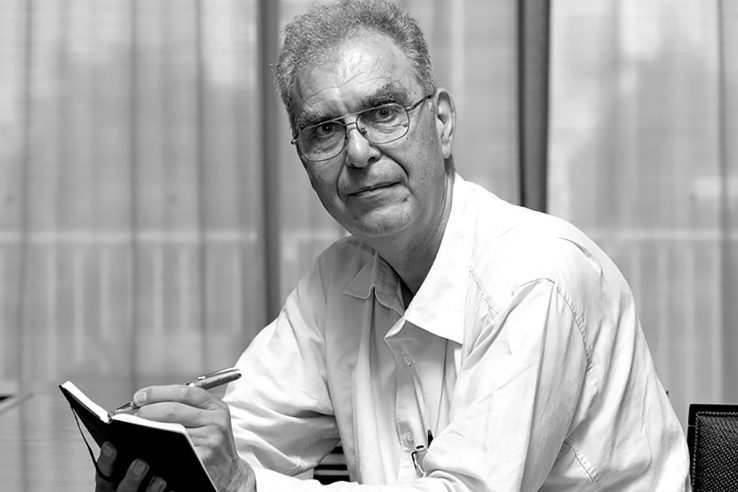
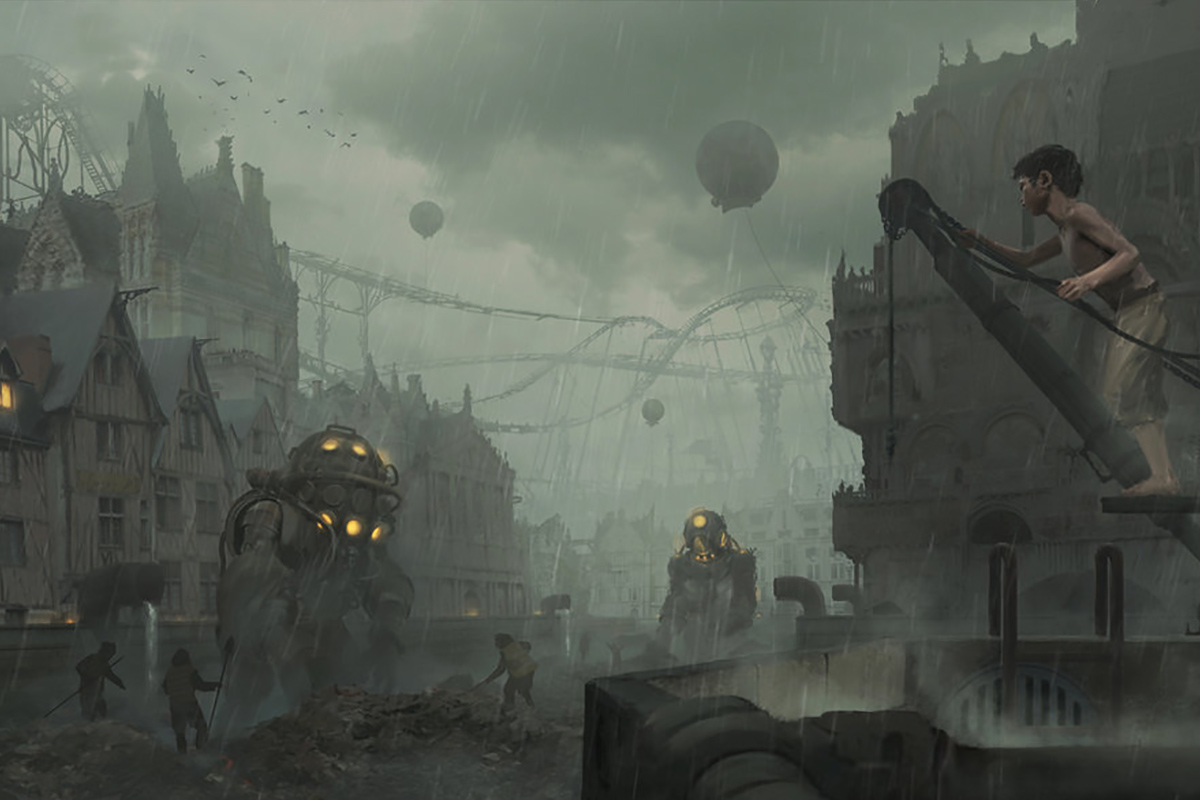
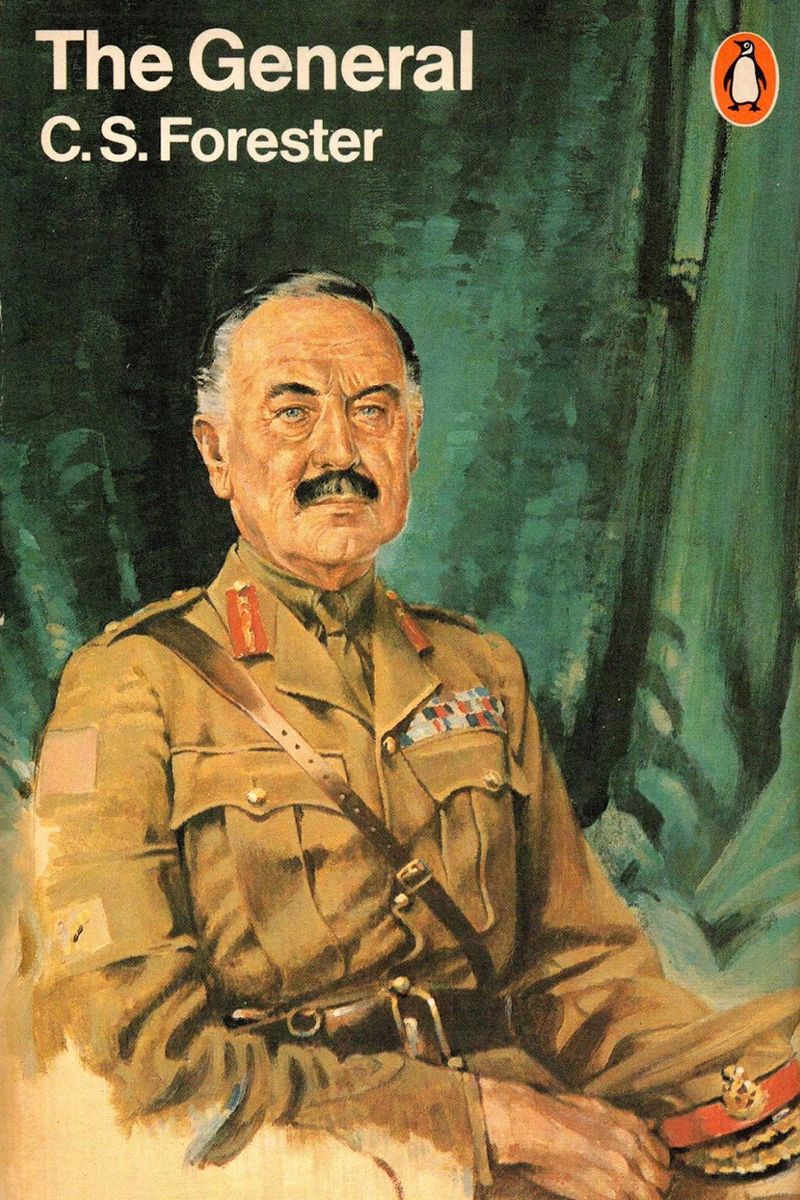
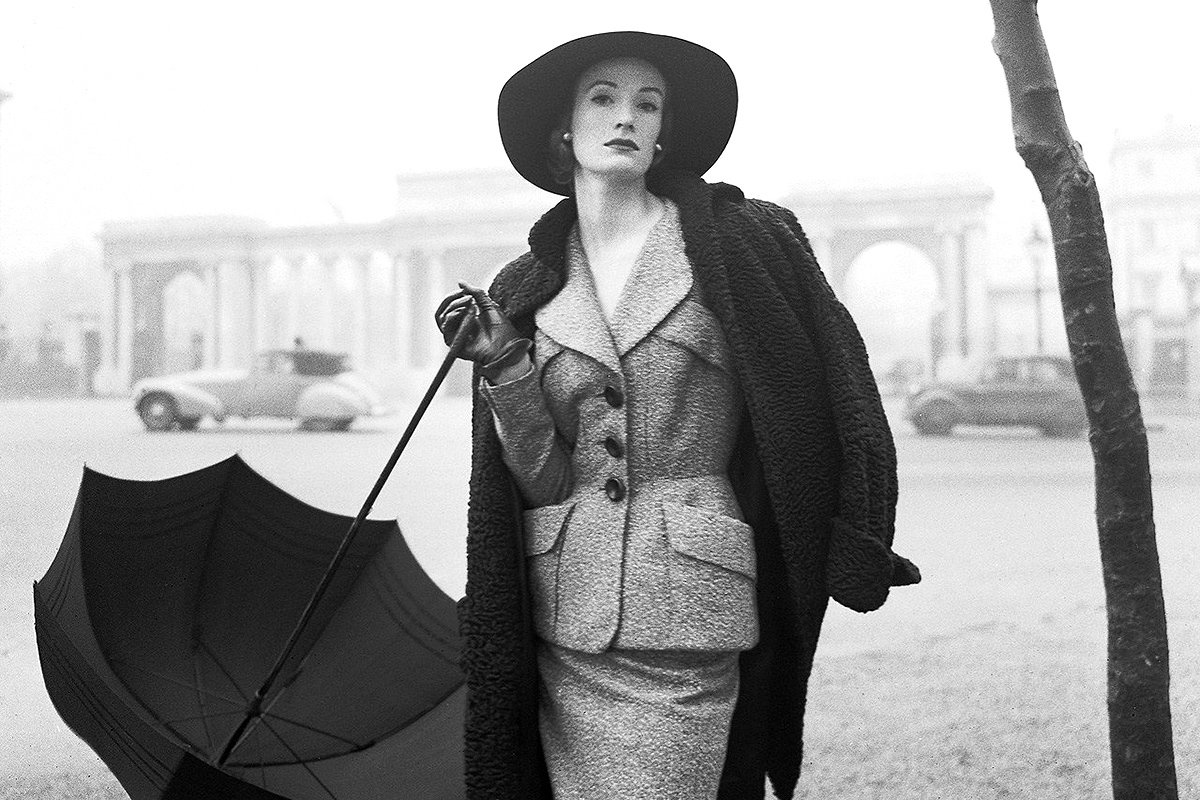
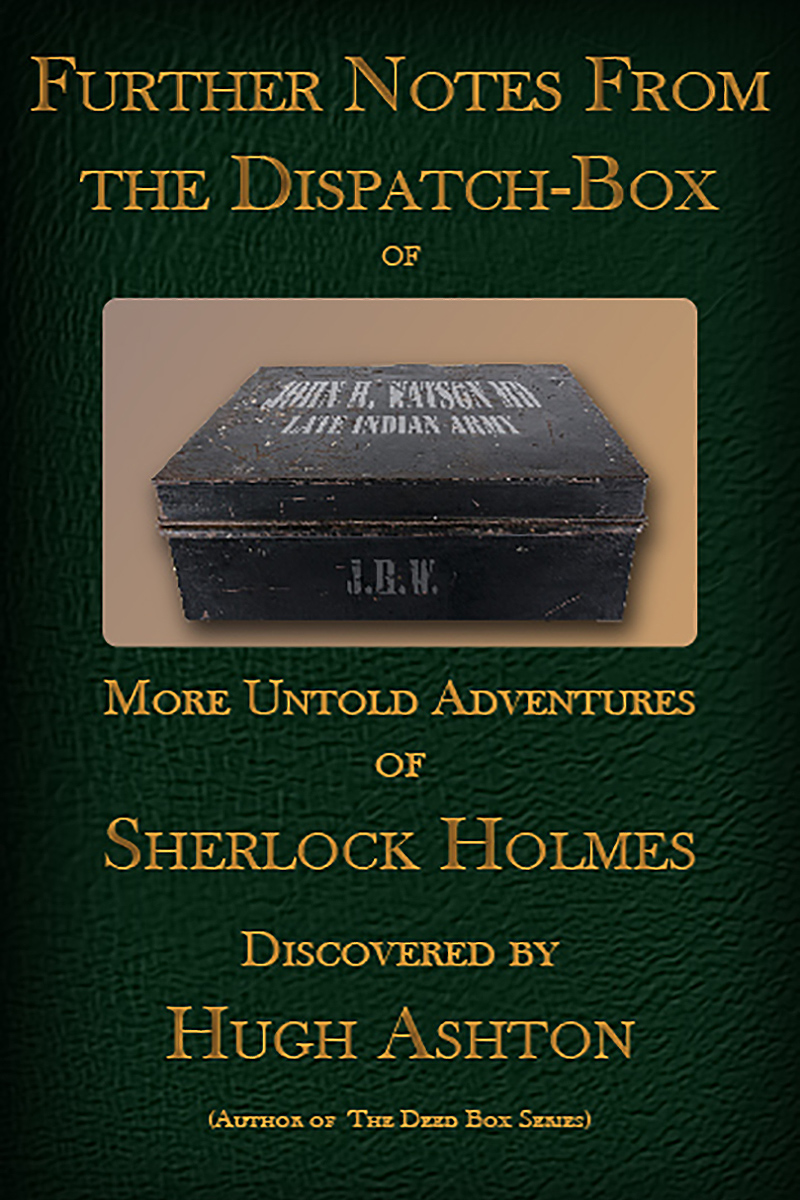
1 Comment
Add YoursGreat interview Hugh. Enjoy hearing your thoughts on writing.